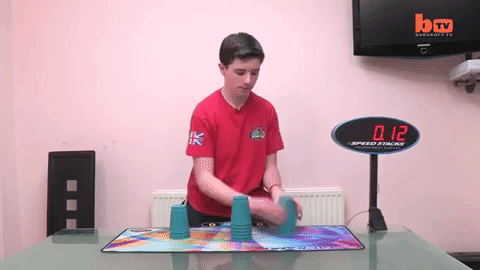Four years ago—on March 13, 2016, to be exact—I started working on a new novel. Here are a few of the things I expected to happen:
a) The narrative would borrow heavily from events in my life, including the story of my parents, who came to America from Greece in the 1960s.
b) The book would include tragic events, like brain trauma and suicide, and yet not be overwhelmingly grim or depressing, with humor and joy to balance things out.
c) I wouldn't talk about the book publicly until I'd finished a shareable draft, which would probably take me about three years.
As of today, only the first prediction turned out to be true; the second one is up for debate; and the third one is being violated by this very newsletter! While I did finish a 500-page first draft last July, just a few months beyond the three-year mark, it was far from shareable. I'd always shrugged off Anne Lamott's advice to write a quick shitty first draft as undesirable, but it turns out that the alternative—a slow, shitty first draft—is even less desirable.
And so I've spent the past seven months rewriting the novel whenever possible (my morning train commute to work, late at night, on weekends), only to discover that second drafts also take a long time. I'm still not done!
Why am I talking about it when the book is still a work-in-progress? Mostly because a lot of you are writers, too, and writing can be a slow, discouraging pursuit. Just as it's comforting to me when other parents tell me stories about their children acting badly, it reassures me to hear that other writers struggle, and I imagine you're no different.
Margaret Mitchell famously took 10 years to write Gone With the Wind, and Alistair MacLeod spent 13 years on his first (and only) novel, No Great Mischief. So for all of you who break out in hives every time you see the NaNoWriMo (National Novel Writing Month) hashtag, rest assured, you are not alone.
What's New?
Every now and then I take a break from my big fat Greek novel to write something shorter: an essay, poem, story... whatever format inspires me. It feels good to start something different, to switch tone of voice, play with new characters or themes, not to mention the pleasure of completing something new, and the excitement of sharing it with readers.
In this vein, a couple weeks ago, I wrote a super short comedy piece for The Weekly Humorist. If you haven't seen it yet and would like to check it out, click below:
Reading List
1. You're Not Listening: What You're Missing and Why It Matters by Kate Murphy
One of our official selections for the winter season of the Next Big Idea Club, this book is really well done. The problem may seem familiar—everyone is talking, no one is listening—but Murphy's examination of the dismal phenomenon, and what to do about it, is nuanced and hopeful.
2. "Bunches of a Nest" by Diane Mehta
My friend Diane Mehta just had her poem published in The New Yorker, and it is stunning. From the first line—"What I started opposes what I shattered."—you know you're not getting away easy.
3. Poetry Unbound (Podcast)
If you prefer your poetry read aloud, then this podcast is for you. Hosted by Pádraig Ó Tuama, whose mellifluous Irish accent makes my wife fan herself, each ten-minute episode is a thoughtful, immersive exploration of a single poem. It's like giving your soul a bath.
4. How to Be an Artist by Jerry Saltz
A tiny book with lots of insights, and loaded with creative prompts. Much of it is more applicable for visual artists than writers, but the essential message of find joying in your work applies to everyone.
Thanks for joining me. Have a great spring!
See you next time,
Panio
P.S. If you would like to receive my newsletter via email, it’s easy, just sign up here.




